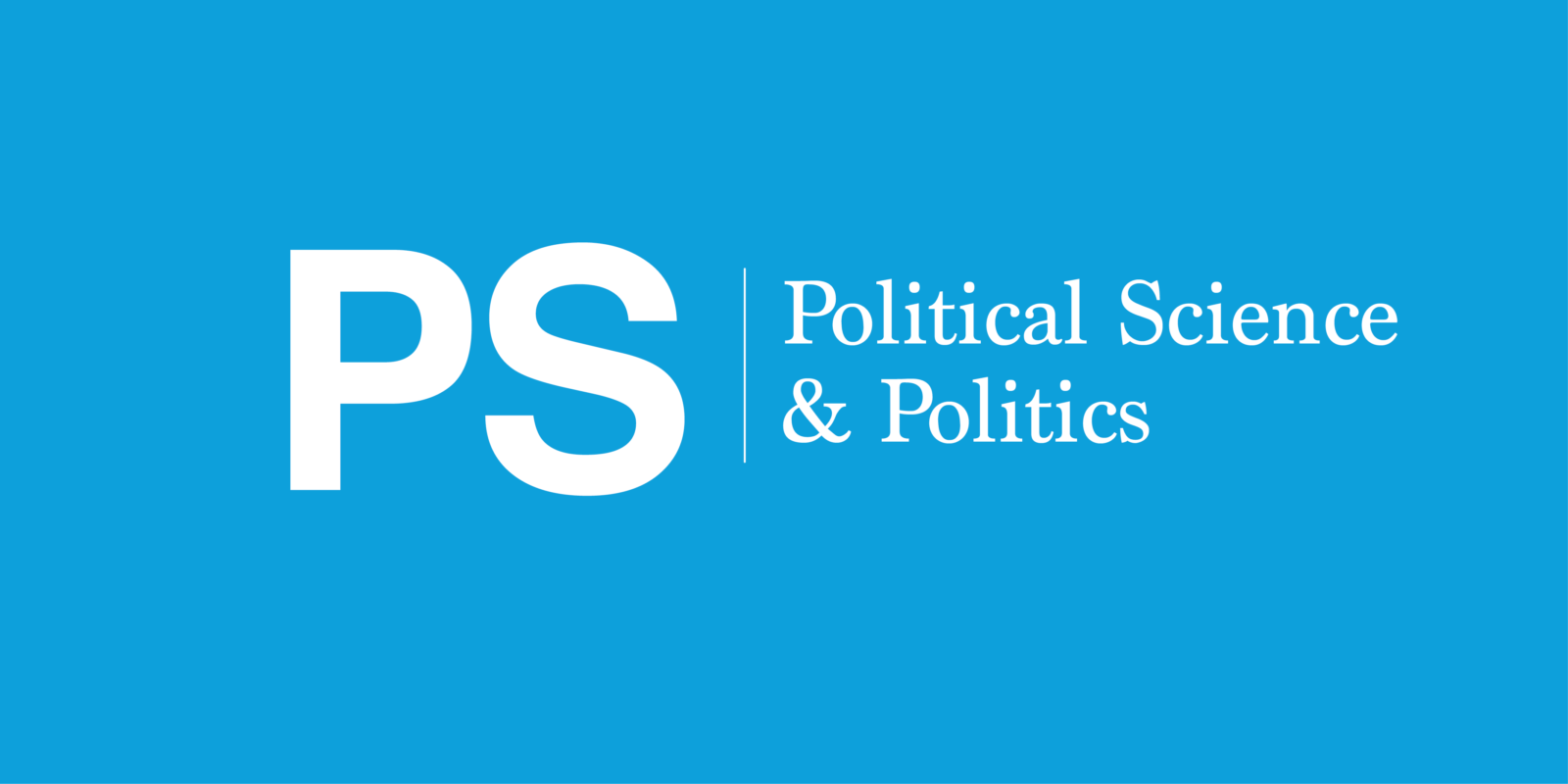Behind Closed Doors: The Unspoken Rules Shaping Political Science Gatherings

Navigating Professional Norms: Codes of Conduct in Political Science Conferences
Academic conferences serve as vital platforms for intellectual exchange, research dissemination, and professional networking. These gatherings bring together scholars, researchers, and thought leaders to share groundbreaking insights, challenge existing paradigms, and foster meaningful dialogue within the political science community.
In recent years, the landscape of academic conferences has been evolving, with increasing attention paid to creating inclusive, respectful, and safe environments for all participants. At the forefront of this transformation are Codes of Conduct – comprehensive guidelines designed to establish clear expectations for professional behavior and interpersonal interactions.
Researchers Lucie Lu from Columbia University and Nora Webb Williams from the University of Illinois Urbana-Champaign have undertaken a comprehensive exploration of these critical professional standards. Their work delves into the prevalence and nuanced content of Codes of Conduct across political science conferences, offering valuable insights into how academic institutions are addressing issues of diversity, equity, and professional respect.
By examining these guidelines, the researchers aim to understand how professional organizations are proactively creating spaces that promote scholarly excellence while ensuring the dignity and safety of all participants. Their research highlights the growing recognition that a supportive and inclusive conference environment is essential for meaningful academic discourse and collaboration.

